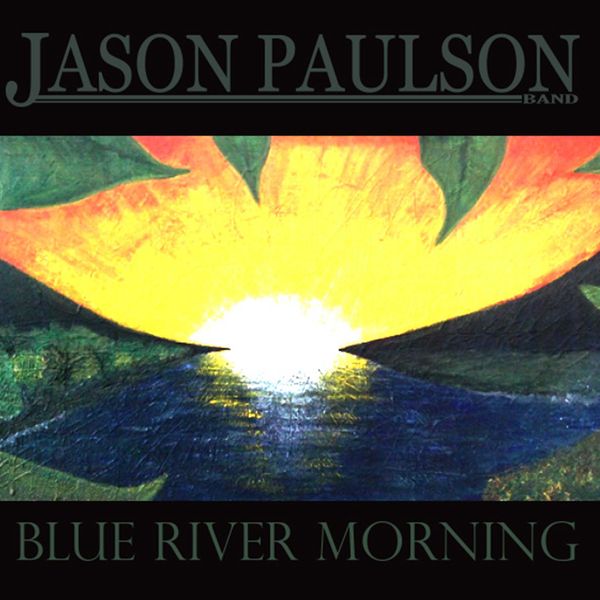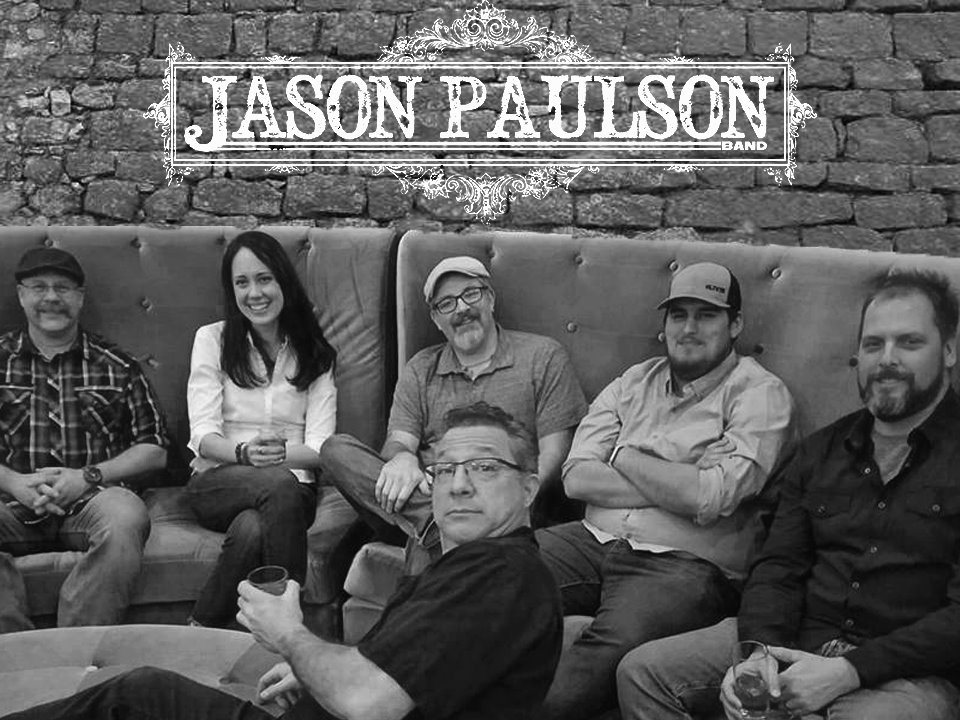By Andrew Ellis

A lot of artists wait to get inspired to write more songs. For Jason Paulson all it took was a seri-ous case of viral pneumonia.
“I couldn’t do much but play the guitar and whisper-sing,” he says. “Not sure how it came about, but the songs just started coming.”
The fact is this sickness was the only way he was able to get an entire album done. He has three kids, a wife, three jobs, and was in school. It really didn’t leave any time for being creative.
“It completely is the reason this album exists,” he says. “I would have never been able to slow down for a month and write with the pace I was on.”
A Diverse Collection
It turned into an album of songs that’s his most diverse yet. The album opener and title track came from him wishing where he was instead of being sick.
“I really was just writing about where I wanted to be,” he says. “With my family, at a cabin in the woods, no technology, and lots of love!”
Then there were songs that he resurrected from the past like “Midnight Highway” and the closer “Drink Myself to Death.” A duet with Caroline Gleason, the former is a reference to his dad’s song “Midnight Train” and a movie he watched.
“I cannot remember the movie,” he says. “But after watching it the song just poured out of me.”
The most personal is “I Can’t Understand” where he comments on how fast-paced the world has become for him. He had recently lost a good friend of his who had played drums with him for 18 years, which caused him to refocus his priorities.
“It made me realize how important life is,” he says. “And how much you mean to your children and your wife. So it’s really about focus.”
Then there’s “Happy and Free,” a song that also can double as a life mantra. Paulson says it’s es-pecially relevant in the age of social media where everyone can voice their opinions no matter their expertise.
“I am just tired of the Facebook political scientists and fighting between right, left, and so on,” he says. “Just don’t be an asshole and life will be so much better.”
Criticizing His Own
Paulson uses his voice for criticism on “Old Glory, Trucks and Guns.” Up until recently he worked for a Church providing music (he now works for another Church), and witnessed a cer-tain group of believers who he believes don’t understand that true meaning of being a Christian.
“They will know we are Christians by our love,” he says. “Not our political party, now how much money we have, what country we live in, not what kind of truck we drive, and so on.”
It was a very easy song for him to write, but he was hesitant about releasing it. He didn’t want it to come across as him spreading hate or that his beliefs are better than others. But he felt he needed to use his platform.
“I am afraid that average everyday people may miss the meaning and take offense,” he says. “But in the end my need to speak outweighed the negatives.”
Turning to Happiness
While “Happy and Free” may be his most personal on the album, the one that holds a special place in his heart is “Beautiful Day.” It was actually a challenge from his daughter. She wanted him to write something happy, because his other songs drifted toward drinking and darker sub-jects. It helped him readjust, too.
“This was a turning point,” he says. “I think the world needs some extra happiness right now, and I am gonna focus on that for a while.”

